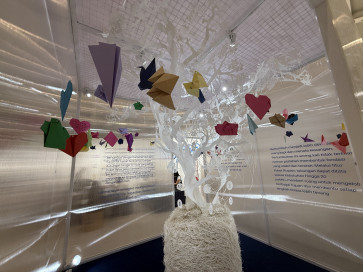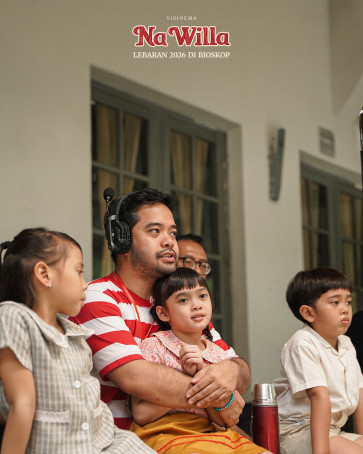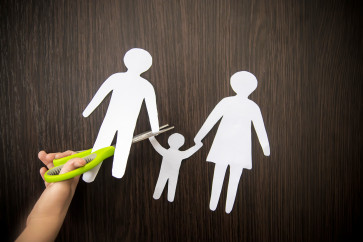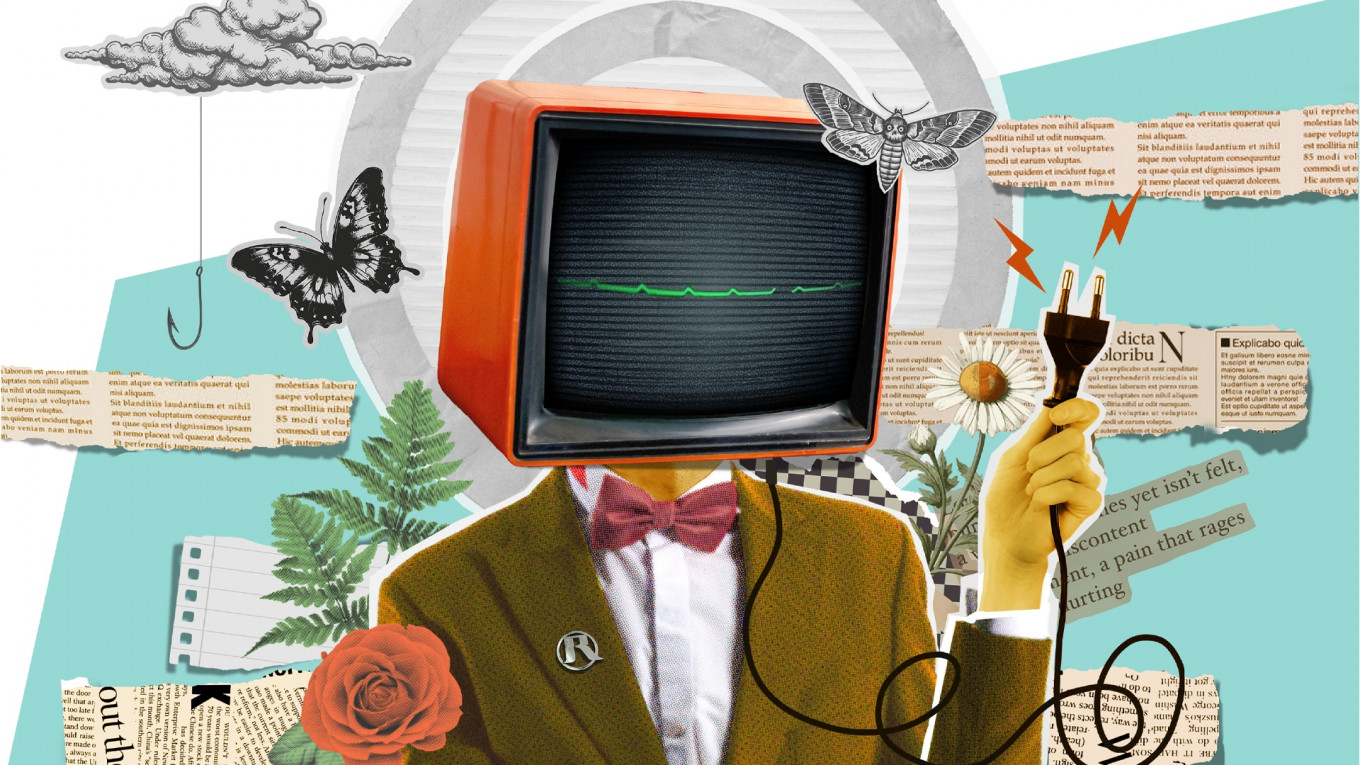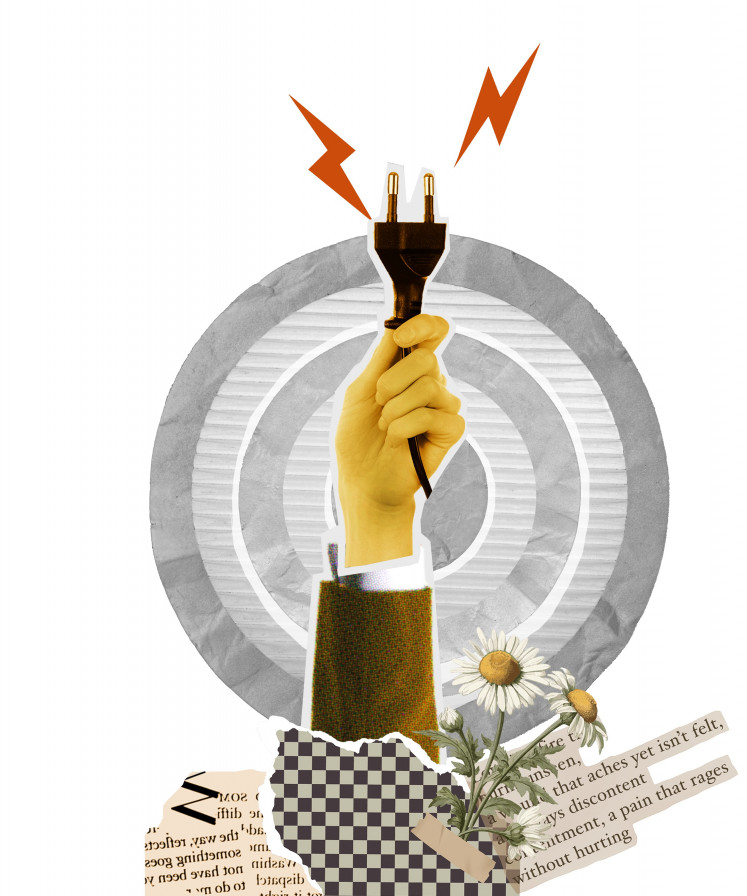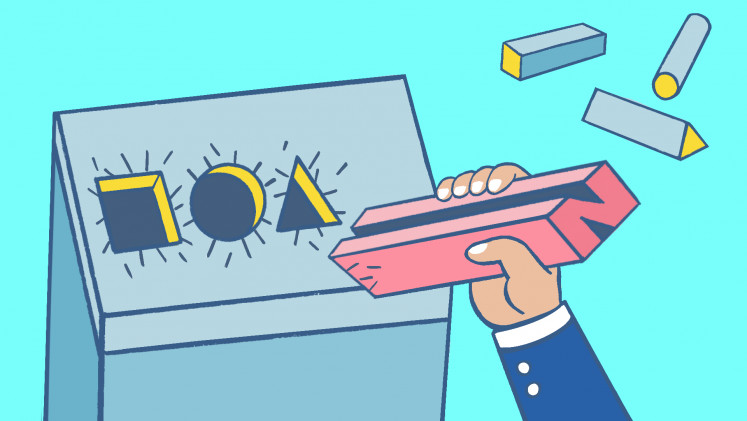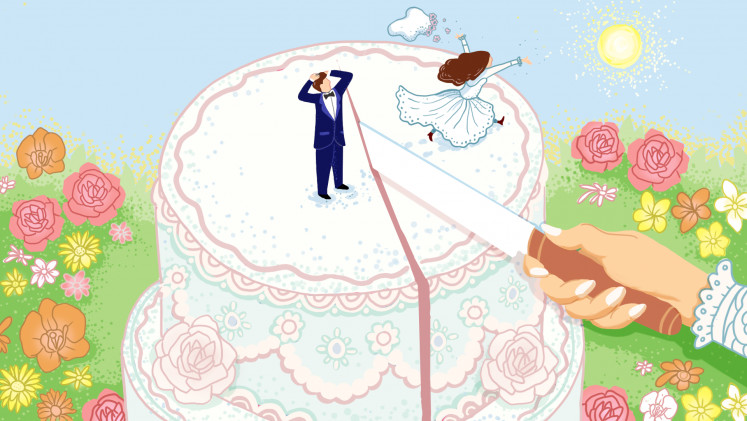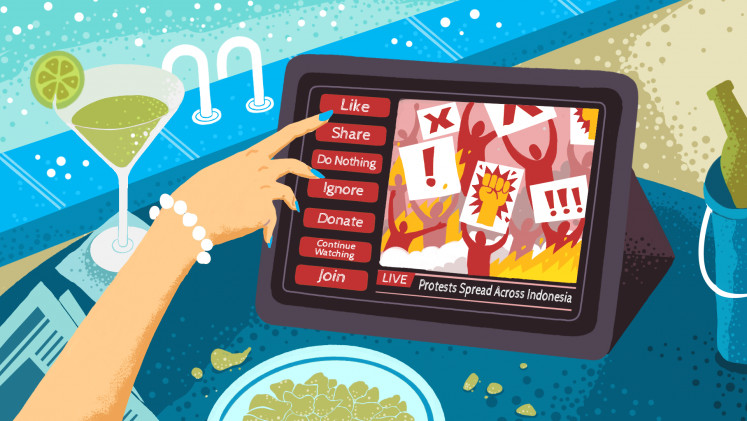I certainly wouldn’t call myself a social media addict, my social media posts are relatively nonexistent and I barely engage in any online discussions.
I lurk, I stalk; but my content consumption is pretty moderate. I’m slightly hooked, but not to the point that social media takes over my life. At least, that’s how I’d like to see it.
But lately, every time I feel slightly agitated, I’ll get on social media, even for just a few seconds. That ecstatic “flow” state I used to have now rarely comes, and has been replaced more frequently by episodes of brain fog, it seems.
“It’s the YouTube Shorts you’ve been watching,” a friend told me, adding that he had found his attention span decreased after watching short-form content.
I do fall asleep on YouTube Shorts: That’s my only kryptonite. But that shouldn’t make me addicted, I thought.
Truthfully, though, it’s hard to tell how much of a grip social media has on our lives.

Thank you!
For signing up to our newsletter.
Please check your email for your newsletter subscription.
“The majority of people don’t know if they are addicted to something or not. In fact, those who are addicted will find it even more difficult to acknowledge their own situation,” said Jane Ardaneshwari, a detox coach.
According to her, whether “checking your smartphone is the first and last thing you do every day” is one sign of digital addiction.
Other symptoms include using social media as a form of escapism, its interference with personal life and increased anxiety and loneliness.
Digital break
People who have recognized these symptoms in themselves have been trying to find ways to fight the addictive algorithm. Around the world, they are setting aside days, even weeks, to go on a digital detox.
Organizations are popping up everywhere to help people stay off their devices. Here at home, some have spent millions of rupiah on digital detox retreats in the mountains or amid rice paddies to indulge in the serenity of being offline.
“I noticed how I’ve read much fewer books in recent years, as I use my downtime to reply to messages and pointless scrolling. It's an addiction, really,” said Andréa Drottholm, owner of yoga and meditation retreat Ubuntu Bali, who went on a 10-day meditation retreat during which her phone was locked away.
“I certainly would like to change this habit. I know many people around me do.”
But when people return to their normal lives after these retreats, most will still find it excruciatingly difficult to completely detach from social media, myself included.
Digital addiction is now so normalized that it’s hard to tell what healthy internet consumption is like.
Its impact, however, is clear: A wealth of research shows that high social media use increases the risks of depression and anxiety, according to an article on Stanford University’s SLS Blogs.
With technology companies doubling down on features that will keep us glued to the screen even more, it’s perhaps time to start rethinking how we can protect ourselves against algorithms designed to steal—and keep—our attention.
“The majority of people don’t know if they are addicted to something or not." - Jane Ardaneshwari
Exercising control
Some people are taking small steps to have some form of control over their digital devices.
In an informal survey conducted by The Jakarta Post, 35 percent of 48 respondents said they had turned off all notifications, while 37.5 percent had turned off some notifications and just 27 percent kept all notifications on.
In a separate survey, people said they deliberately set schedules for when to be online.
Angga Jasintha, a private worker in Bali, said he used social media no more than 45 minutes a day and was offline by 10 p.m.
Meanwhile, Bali-based barista Dahni Pawitra said he regularly deactivated social media for one to two months, as well as set screen times.
“When I deactivated my social media account for a week, I was in absolute bliss,” he said. “So I continued staying offline for a few more weeks.”
Others make more elaborate efforts to exercise restraint, like installing social media apps only on their iPad, which is more inconvenient to use than a smartphone.
‘Retraining’ algorithms
When limiting online exposure is no longer enough, some users actively try to “retrain” their newsfeed algorithms to avoid negative content, from influencers that made them feel depressed about life to accounts designed to push you.
Around 42 percent of the Post survey’s respondents said they “reset” their algorithms periodically by consciously engaging with content they liked.
For SEO expert Made Wahyuda, who spent years “reverse engineering” Google’s search engine to understand how to boost certain keywords, this was more effective than avoiding the internet altogether.
“I don’t go off the grid or turn off my phone for a whole day. I don’t think that’s necessary to detox,” he said.
Instead, he tinkers and tweaks by adjusting how he surfs the web to have as much control as possible over algorithms. He also uses three different search platforms, schedules blocks of time to reply to messages and “retrains” his social media algorithm anytime his feed begins to stray from his preferences.
“I bookmark or comment on a specific post to show [the platform] what kind of content I’m interested in. Over time, my feed will change,” Made said, admitting that he could be a bit paranoid when using social media.
"I’m quite protective of my algorithm,” he said, “even just to like a post, I’d think twice.”
But is this enough to maintain a healthy relationship with our digital devices?
Slippery slope
Social media is designed to be as addictive as drugs, according to Addiction Center, based in the United States. It can be dopamine inducing, mind altering, behavior modifying and more, and technological developments are likely to only make us even more addicted.
Take retraining algorithms, for example. Made recently tried Instagram’s reset feature for recommended content and feeds, which would offer users a “fresh start”, according to a statement from parent company Meta.
This meant "the algorithm is no longer based on my activities, but my background. I’m a man of a certain age, single. So you can imagine what kind of content I get based on that demographic”, said Made, who doesn’t back this feature.
Retraining the algorithm also sounded like a vanity exercise, I argued, because “as a female, just one visit to a clothing brand’s account will immediately change my feed. But if I choose something more educational, my newsfeed will take a long time to change”.
In addition, managing the algorithm would require a conscious effort.
“It may take weeks to a month to change your algorithm, so it requires commitment,” Made concurred.
But he acknowledged that because he was in the industry, “it’s quick for me to understand a platform’s algorithm and [...] tweak it back in my favor”.
On the other hand, how we use the internet could dictate our behaviors and decisions.
“One time, I was [casually] looking at smartwatches or trousers, and [related] product ads started popping up until I eventually bought a smartwatch, even though I didn’t need it,” said Irma Garnesia, a digital anthropologist.
At their essence, algorithms essentially favor accounts with commercial activity, so without a conscious effort to manage our internet use, our online experience can be easily curated by an automated digital process.
Canceling noise
Surely, some may argue, the benefits of social media outweigh the risks? It keeps us connected with friends and family and allows us to explore niche interests that wouldn’t be possible without the internet's decentralized nature.
This might be giving digital platforms too much credit, though.
“I didn't miss my phone at all” during her 10-day digital detox, said Drottholm, who now plans to add a similar program at Ubuntu Bali.
“It's a time filler and, to be honest, a distraction many times. [The digital detox] was a good reminder of how we are so sucked into it,” she said.
It seems that having some break from the digital realm, no matter how small, is still better than none.
Though going on a retreat is a luxury not many can afford, we can all adopt some elements to help us detach, such as going on smartphone-free nature walks.
“If you’re doing something physical, the whole system in your body works, keeping [your mind] occupied,” said Ratih Ibrahim, founder and director of Personal Growth, a psychological services company in West Jakarta.
“If your brain is active and you’re not doing anything, you might be overwhelmed by your own thoughts, and that can cause anxiety.”
Have people around us to hold us accountable for our digital activities was also helpful, said Ratih, who suggested setting a house rule to not use mobile phones during a meal.
“But I also challenge everyone to be their own accountability partner,” she added.
There’s no one-size-fits-all solution when it comes to managing our individual online experiences, and finding that sweet spot of healthy consumption requires experimentation as well as dedication.
More importantly, managing our digital experience demands better self-awareness of our emotional needs and pitfalls as a first step.
“The key to battling addiction is knowing yourself,” said Jane.
“People who still have emotional baggage are more likely to make addiction their escape.”
There is certainly an urgency to put the burden back on technology companies, demanding they create a digital ecosystem that is more empathetic, more humane. But in this capitalist system, digital platforms will only continue trying to sink their teeth in our daily lives, which would “dull our survival intelligence”, said Ratih.
If we accept that these technologies are here to stay, setting clear online boundaries, no matter how minimal, is ever more important so algorithms don’t erode who we are.
Michelle Anindya is a writer and journalist. From her home in Bali, she writes about anything from coffee to tech.




